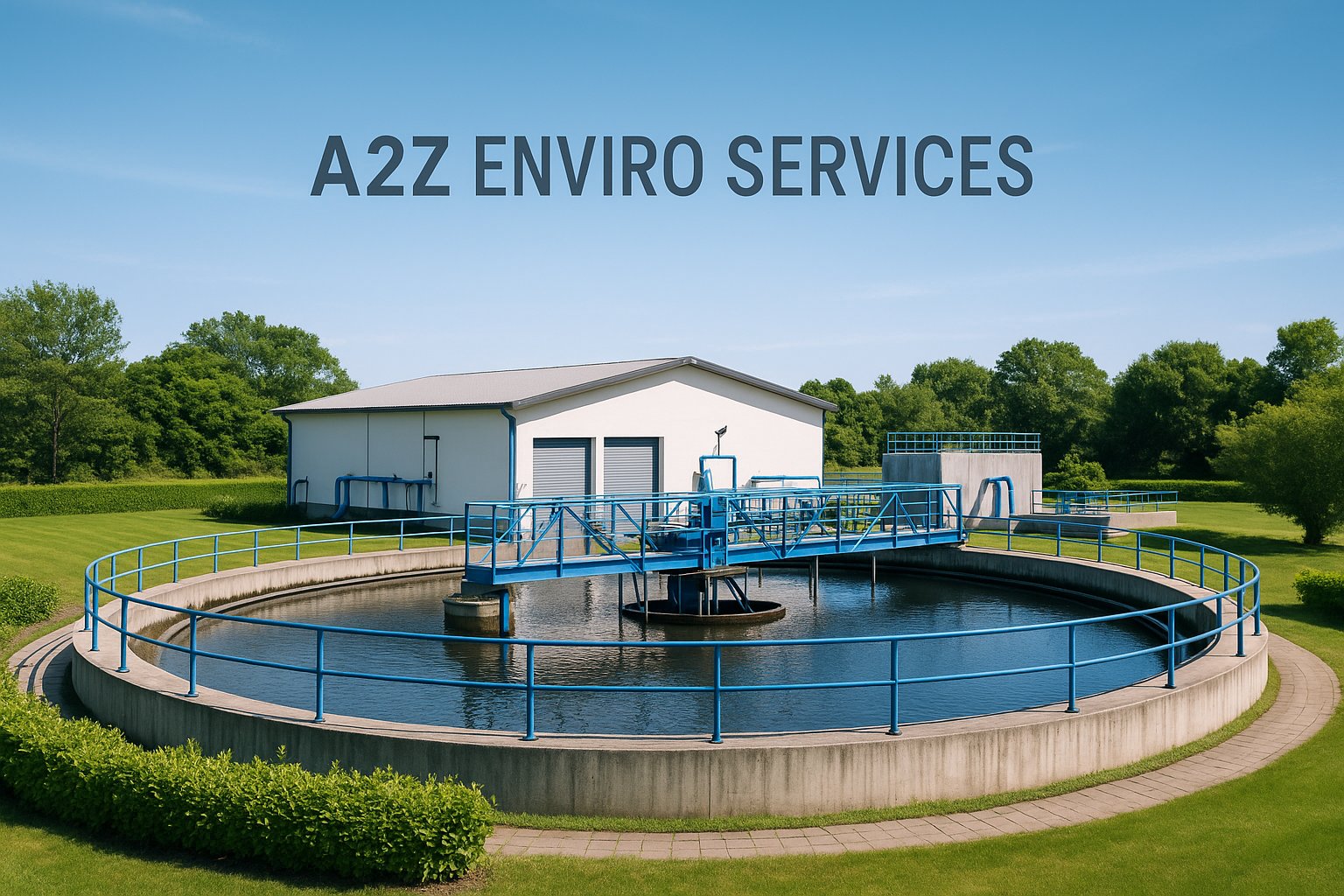STP vs ETP – Which One Do You Need in Varanasi?

STP vs ETP: What’s the Difference?
- STP (Sewage Treatment Plant): Treats domestic wastewater—mainly from toilets, bathrooms, kitchens, etc.
- ETP (Effluent Treatment Plant): Handles industrial/process wastewater that may contain chemicals, heavy metals, oil/grease, or hazardous substances.
Who Needs an STP in Varanasi?
- Residential apartments, group housing societies
- Hotels, hostels, hospitals, educational campuses
- Any property generating more than 20,000 liters/day of domestic sewage (NGT rule)
Who Needs an ETP in Varanasi?
- Textile, tannery, or chemical factories
- Pharmaceutical, food/beverage processing units
- Garages, car washing stations, and any unit generating liquid industrial waste
Key Differences Table
| STP | ETP |
|---|---|
| Domestic sewage (toilet, kitchen, etc.) | Industrial effluent (process, chemical waste) |
| Biological treatment (MBBR, SBR, MBR, etc.) | Physical, chemical, biological treatment (multi-stage) |
| Needed for apartments, hotels, hospitals | Needed for factories, industries, workshops |
| Fewer hazardous substances | May include toxins, metals, oil/grease |
Choose STP for homes, hostels, or hotels. Choose ETP for any industrial or chemical process in Varanasi—compliance is mandatory!
Still Not Sure?
A2Z Enviro Services provides free site assessment and compliance guidance in Varanasi. Call +91-9464488006 or WhatsApp Us for an expert visit.
Frequently Asked Questions
What is the main difference between STP and ETP?
STP (Sewage Treatment Plant) treats domestic wastewater (toilets, kitchens), while ETP (Effluent Treatment Plant) treats industrial or process wastewater.
Who needs an STP in Varanasi?
All residential societies, hotels, hospitals, and institutions with >20,000 liters/day sewage must have an STP as per NGT rules.
Who needs an ETP in Varanasi?
Industries or businesses that generate chemical/process wastewater (not sewage) must have an ETP as per PCB/NGT norms.
